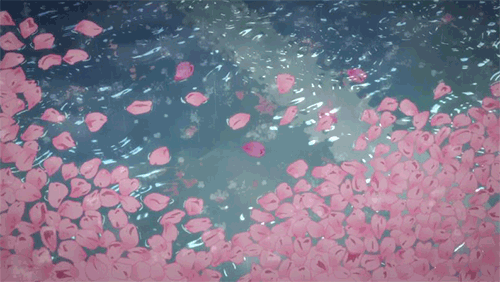Saudade: What Emotion Does the Portuguese Word Express?

Saudade is the presence of absence. The desire for someone or something we remember fondly but know will probably remain only in our past. A profound emotion that’s like a mixture of sadness with affection. It leave us with the bittersweet taste of something that will never come, although we’ll maintain hope.
“Saudade for a brother who lives far off.
Saudade for a childhood waterfall.
Saudade for the flavor of a fruit never to be found again.
Saudade for the father who died, for the imaginary friend who never existed…Saudade for a city.
Saudade for ourselves, when we see that time doesn’t forgive us. All these saudades hurt.
But the saudade that hurts the most is the one for someone beloved”-Miguel Falabella-
Saudade, a powerful word
No word in English brings together the very particular feeling that comes from a happy memory that also hurts. But Portuguese has nailed it. They express it with the beautiful word, saudade. A mysterious word, full of meaning.
Many philologists and linguists have studied it and tried to find where it came from. But they can’t agree. It’s also really hard to agree on exactly what it means.

Abstract and hard to pin down, this word encompasses a whole collection of emotions and feelings. They evoke something that’s far away via feelings in the present. In essence it’s like how Manuel Melo, a Portuguese writer, describes it as: “bem que se padece i mal que se disfruta” (the goodness we suffer and the badness we enjoy).
We can also look at it from a philosophical perspective. Ramón Piñero describes the term as a state of mind that comes from a feeling of loneliness. And so the different types of loneliness can trigger different kinds of saudade. There’s the one we can see in our circumstances (objective), and the one we experience in private (subjective).
Other explanations connect it to our attempts to return to a basic sense of security. For example, through the “instinct of death,” as the doctor Novoa Santos explains. Or through the emotional awakening our birthplaces causes. The meaning of this word encompasses so much, but we can agree that it’s a psychological state.
Beyond nostalgia
People sometimes define saudade as nostalgia. But, the fragrance of this word goes far beyond the walls of nostalgia. Feeling it isn’t just missing something. It goes further: being aware of the importance that specific people and moments have had in our lives. Knowing that nothing will be the same in us anymore.
As we said, this term alludes to the breaking of a wave on the beach of our consciousness. A stormy sea where absence gains a sense of presence by overflowing our internal world.
That’s when we recall those eyes we’ll never see again. Or the skin we’ll never again touch. The smell of the place we grew up in, the backyard we played in as a kid. All while we watch the sun go down slowly but surely, away from home. Saudade is where the happiness of memory and the sadness of absence meet.

Writers of the Romantic period understood this well. Because, as the writer and actor Miguel Falabella said, the most painful saudade is the one that comes from someone we still really love. The one we associate with the emptiness that comes from knowing it’s impossible to be together again.
But we accept it as destiny, and when a sad breeze touches our face, we remember how happy we were. A beautiful, but also painful way of loving…
“The most painful saudade is the one for someone we love. For their skin, their smell, their kisses. For their presence and even their agreed upon absence.”
-Miguel Falabella-
Alleviating the bittersweet taste of memory
Saudade hurts. But one side of it is happiness. Because when we feel it, it goes beyond our feelings. We remember the happiness and feel the sadness. At the same time we know all too well that we can’t get the happiness back.
It’s learning how to savor the most bittersweet aspect of the memory. It’s paradoxical, but it’s comforting.
“Saudade is the thing I felt while I was writing, and what you, probably, are feeling after you finish reading.”
-Miguel Falabella-
Specifically, saudade means feeling life with every atom in our body. And learning to appreciate everything around us. Every moment, every detail, every person. All of them can awaken in us this unique emotion somewhere between pain and happiness.
How about you, when does saudade come to you?
This text is provided for informational purposes only and does not replace consultation with a professional. If in doubt, consult your specialist.








